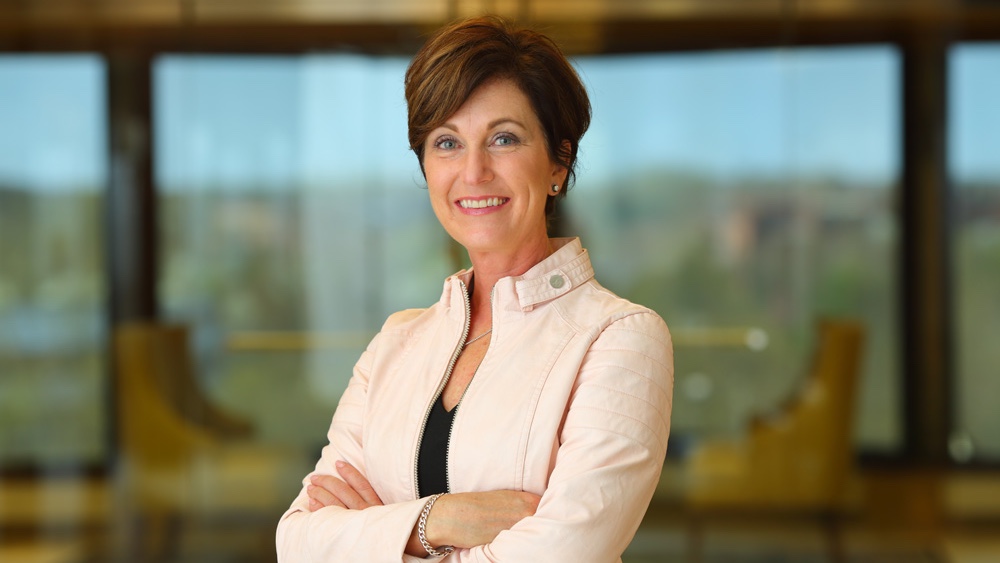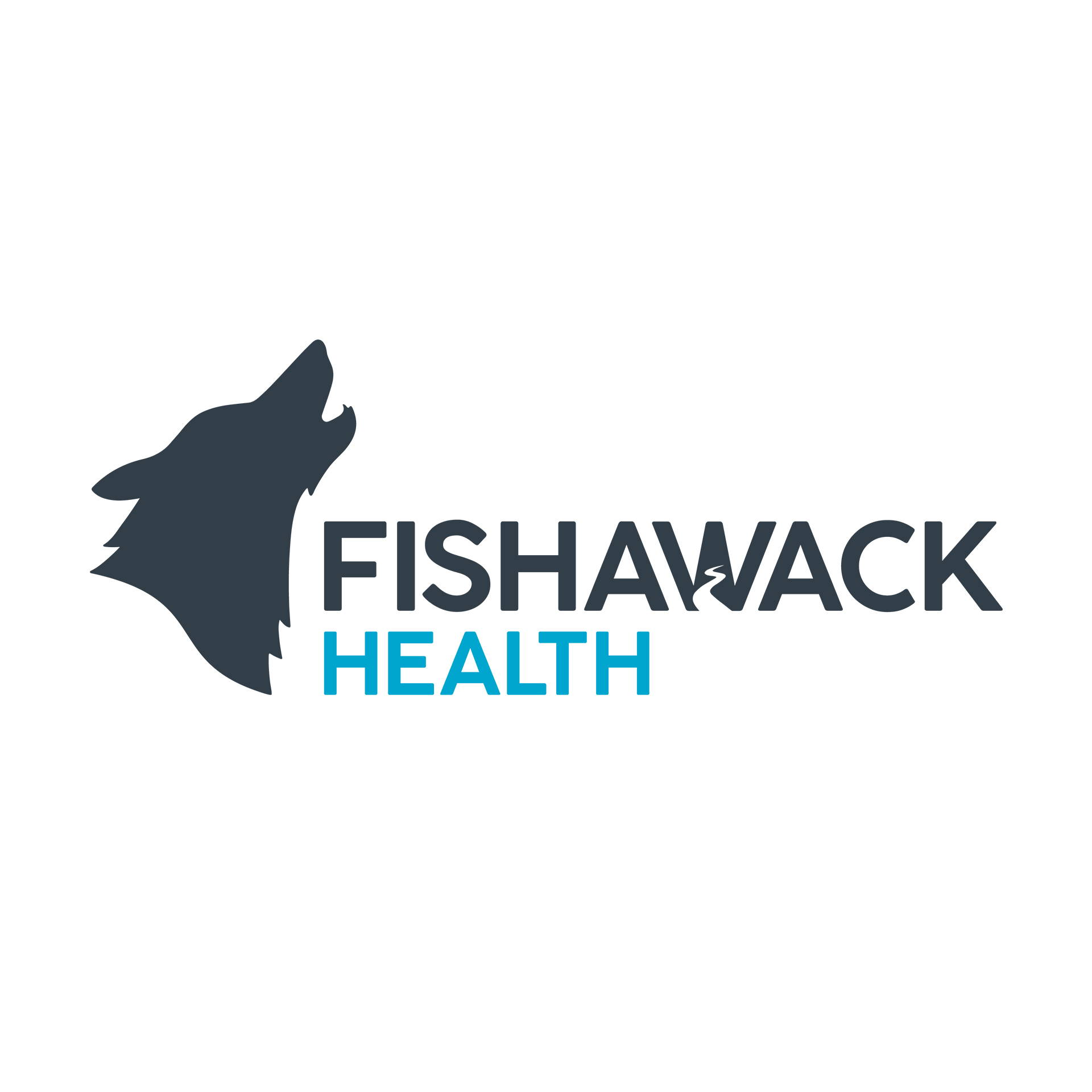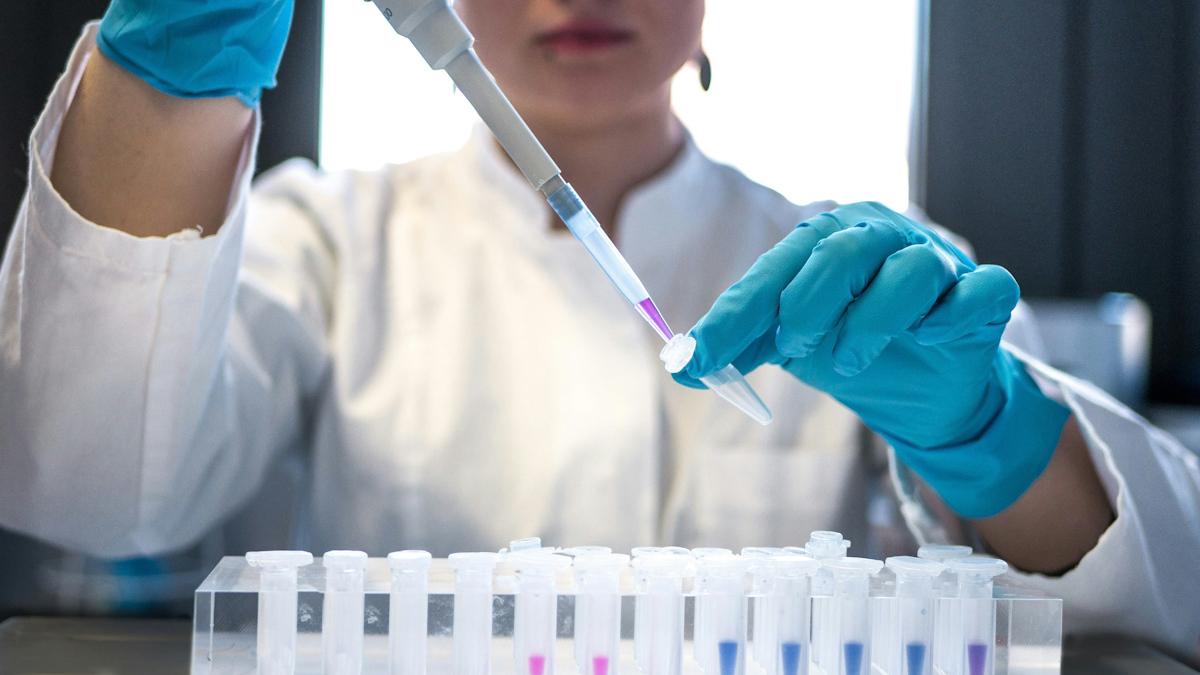Meet Fishawack Health's new Chair Deborah Keller

Deborah Keller is a dynamic woman who gives off an immediate sense of warmth and humor. The moment she joined our video chat, she began sharing stories about her life in lockdown, admitting to feeling so cooped up that she painted her laundry room at 9 pm the night before. However, underneath her easy-going exterior is a sense of steely determination and a thirst for knowledge, which is unsurprising considering her impressive resume.
During the last 27 years, Deborah climbed her way up the career ladder at Covance– a renowned global drug development organization, serving the biopharmaceutical industry. Starting as a Chemist, she moved upwards and sideways across numerous medical and marketing roles before rising through the ranks to CEO.
Since retiring from Covance, Deborah has taken on several new challenges. Most recently, she became Chair of Fishawack Health, where she will be tackling the monumental task of guiding the organization through a mammoth period of growth.
In less than 12 months, Fishawack Health has acquired three new companies – market access consultancy Skysis, and creative agencies The Hive Health Group and StoneArch. It also relaunched as a global commercialization partner for the life science industry and reorganized to become a leading partner for life science clients, offering a fully agile and integrated suite of services across Medical Communications, Commercial, and Consulting.
Deborah’s latest challenge is to leverage every learning from her time running a $4 billion global company with 15,000 employees, across 60 countries, and calling on these lessons to lead Fishawack Health through its next phase of growth. Here she shares her views on organizational change, why it pays to be a down-to-earth leader, and her advice on International Women’s Day.
What are your goals as Chair of Fishawack Health?
The thing that stood out to me about Fishawack Health is the talent and expertise of the employees. I feel honored and excited to be a part of the team. My goal is to ensure we continue to develop that talent because nurturing and growing talent along with succession planning is one of the top concerns that investors and shareholders have regarding human capital. We can never take our eyes off our employees, nor can we take our eyes off satisfying the customers.
My role is to be a sounding board, ensuring we’re all working together to achieve our goals in the most efficient and effective way as we continue to develop. Growing a business is hard – it’s a lot harder than people think. It’s like you’re building the plane while you’re flying it. Growth is challenging. Growth is exciting. Growth is never dull. It can be difficult on all our stakeholders – employees and clients, so I want to ensure we take people with us on this exciting journey.
You started as a chemist and rose through the ranks to become CEO. How did you get to where you are today?
I get asked this question a lot. Everyone assumes career progression is a straight line, but it’s a tangled web you weave. Looking back, I followed a few criteria, but I never set career goals. For example, I never said I wanted to be a Vice President. I just wanted to do something in the healthcare and scientific fields that helped people, and I wanted to work with bright and interesting people – often, I joke that some were bright, some were interesting, and a few were both! I also wanted to have an impact and a voice, and last but not least, I need to be intellectually stimulated.
Every time I got the opportunity to take on a new role that fitted those criteria, I just jumped in. I knew the worst thing I could do is fail, but what if I didn’t? I probably took more career risks than the average person, purely because I enjoyed learning new things.
Interestingly enough, I didn’t get promoted for the first 8 years of my career. But when a promotion came up, I had gained so much knowledge I was uniquely qualified for the role. So, my advice is don’t be afraid of taking risks – but take calculated risks. I’m glad I made those decisions because, in each role, I learned more about the science and of the business.
Image credit: WARF












